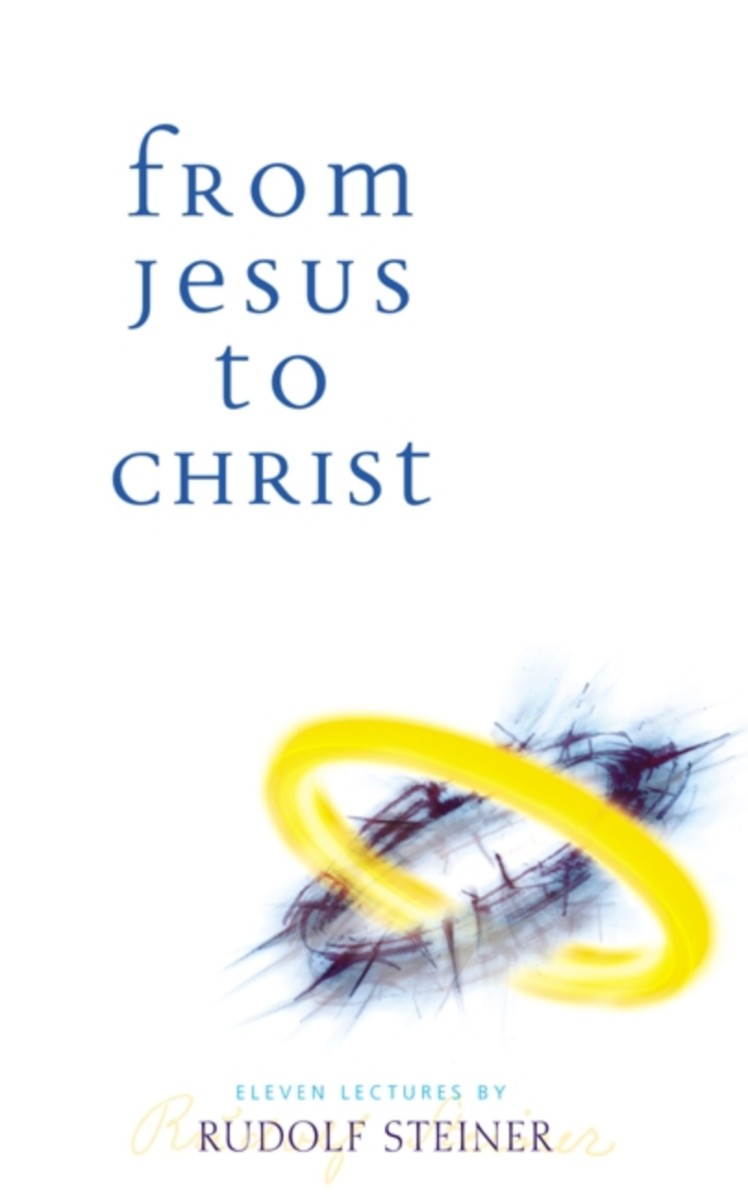From Jesus to Christ
(CW 131)
- Publisher
Rudolf Steiner Press - Published
14th July 1994 - ISBN 9781855841956
- Language English
- Pages 208 pp.
11 lectures, Karlsruhe, 4-14 Oct 1911 (CW 131)
Although once experienced in an intuitive way by early Gnostic thinkers, knowledge of the cosmic meaning and importance of Christ and his mission faded with the centuries. Theologians and historians of the Church have critically scrutinized the Gospel records to the point where their focus shifted almost entirely from the Christ being to the human man of flesh, Jesus of Nazareth.
Today, people are beginning a renewed search for an understanding of the life, death, and resurrection of Christ and the meaning of those events for life today. In these enlightening lectures, Steiner shows how the Mystery of Golgotha can be seen as the pivotal event of human history. The Gospels themselves, he says, are “initiation documents” that guide us along a path of spiritual development.
Steiner also demonstrates how manifold spiritual entities are involved in the events in Palestine two thousand years ago, and describes the problematic aspects of Christian theology, such as the resurrection of the physical body. And, throughout these talks, he emphasizes the esoteric path to Christ and encourages us to awaken to the new revelation manifesting in our time—the Christ as “Lord of Karma.”
This edition also contains a public talk given prior to the beginning of the course.
This volume is a translation from German of Von Jesus zu Christus (GA 131).
Rudolf Steiner
Rudolf Steiner (b. Rudolf Joseph Lorenz Steiner, 1861–1925) was born in the small village of Kraljevec, Austro-Hungarian Empire (now in Croatia), where he grew up. As a young man, he lived in Weimar and Berlin, where he became a well-published scientific, literary, and philosophical scholar, known especially for his work with Goethe’s scientific writings. At the beginning of the twentieth century, he began to develop his early philosophical principles into an approach to systematic research into psychological and spiritual phenomena. Formally beginning his spiritual teaching career under the auspices of the Theosophical Society, Steiner came to use the term Anthroposophy (and spiritual science) for his philosophy, spiritual research, and findings. The influence of Steiner’s multifaceted genius has led to innovative and holistic approaches in medicine, various therapies, philosophy, religious renewal, Waldorf education, education for special needs, threefold economics, biodynamic agriculture, Goethean science, architecture, and the arts of drama, speech, and eurythmy. In 1924, Rudolf Steiner founded the General Anthroposophical Society, which today has branches throughout the world. He died in Dornach, Switzerland.


